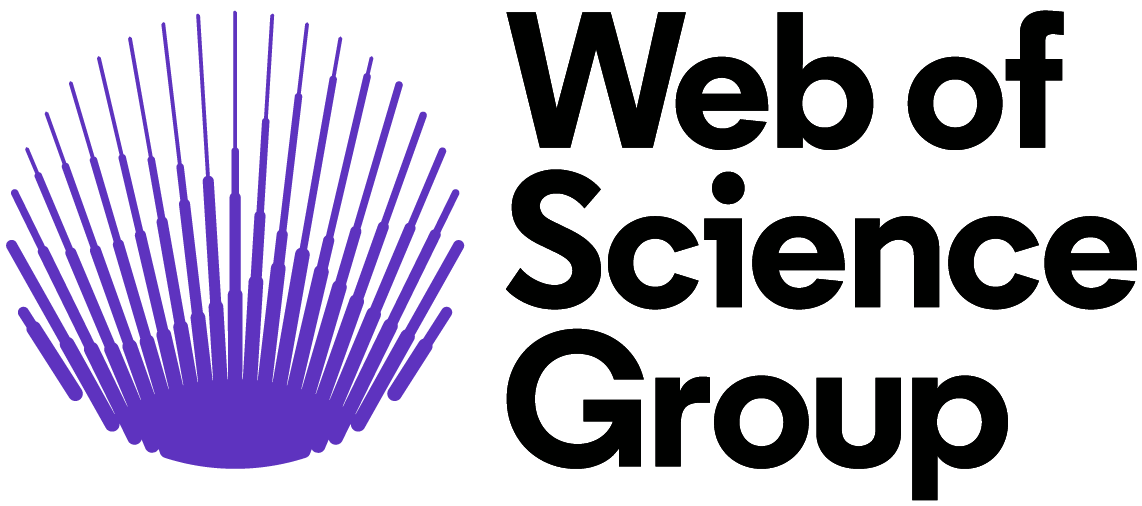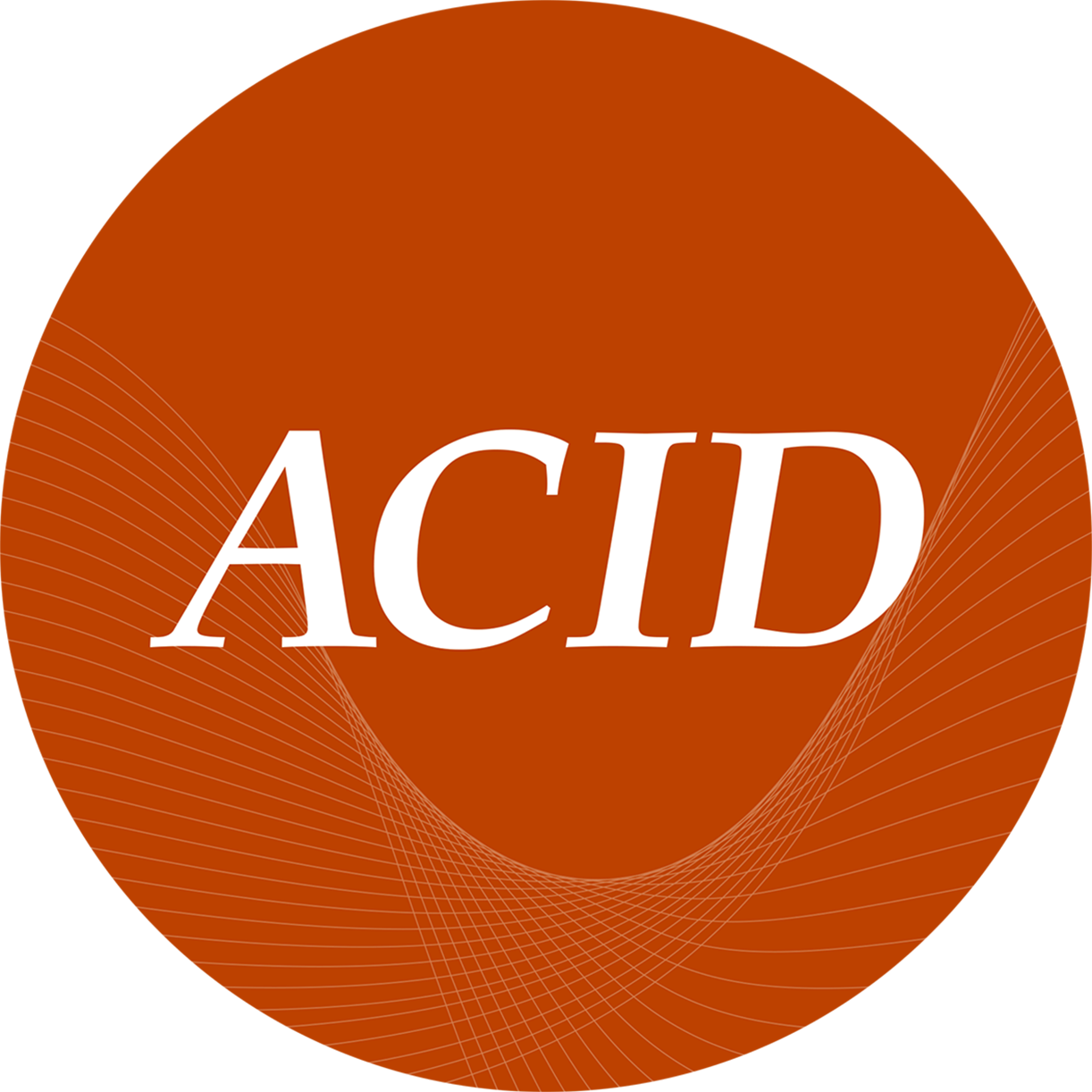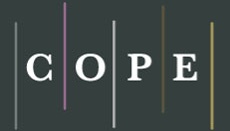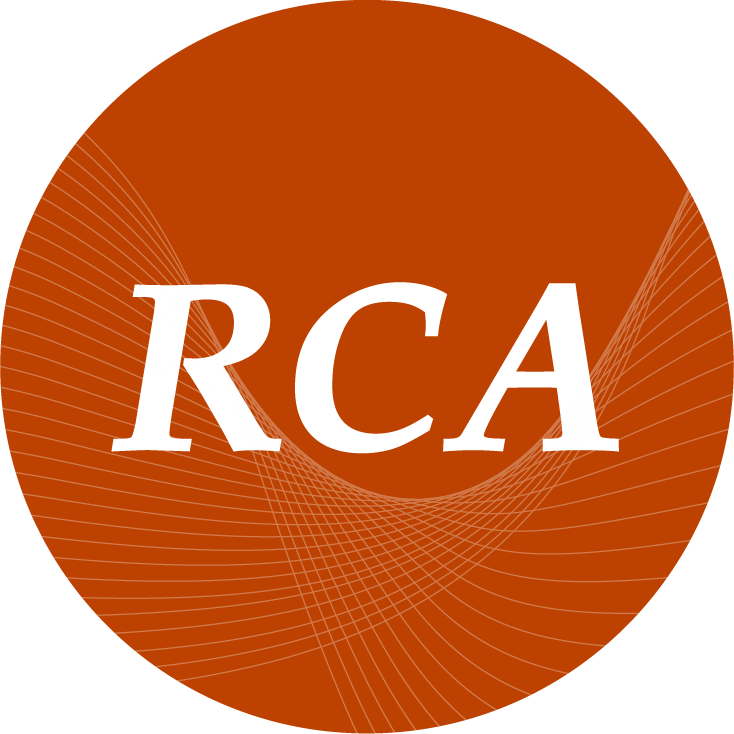| Name of Journal | World Journal of Hepatology |
|---|---|
| Title Abbreviation | World J Hepatol |
| ISSN | 1948-5182 (online) |
| Launch Date | October 31, 2009 |
| Frequency | Monthly |
| DOI | 10.4254 |
| Background |
World Journal of Hepatology (WJH, World J Hepatol) is a high-quality, open-access academic journal that employs a single-blind peer-review process. The journal focuses on publishing clinical, basic, and translational research achievements that are innovative, novel, and practical in the fields of hepatology. The types of articles published in WJH include Editorial, Opinion Review, Frontier, Review, Minireview, Clinical Research, Basic Study, Systematic Review, Meta-analysis, Evidence-based Medicine, Field of Vision, Clinical Guidelines, Letter to the Editor, and Case Report. All submissions must comply with academic norms and ethical requirements. WJH is edited and published by the Baishideng Publishing Group. |
| Aim |
The primary aim of WJH is to provide scholars and readers from various fields of hepatology with a platform for publishing high-quality clinical, basic, and translational research achievements. In order to ensure the quality, fairness, and transparency of publication, WJH has implemented a variety of measures, as follows: 1 Academic norms and ethical requirements. Adherence to both academic norms and ethical requirements is closely related to peer review and first-decision making for the manuscript. Authors are recommended to prepare their articles according to the appropriate international publication recommendations, including the STROBE Statement, CONSORT 2010 Statement, PRISMA 2009 Checklist, and CARE Checklist – 2016: Information for writing a case report. For all articles involving human studies, organ transplantations, and/or animal experiments, before their acceptance, author(s) must provide the related formal ethics documents that were reviewed and approved by their local ethical review committee. For full guidelines for authors, please visit: https://www.wjgnet.com/bpg/gerinfo/204. 2 Peer-review process. Articles published in WJH must undergo rigorous external, single-blind peer review. For the full peer-review process, please visit: https://www.wjgnet.com/bpg/gerinfo/241. 3 Designation of co-first authors and/or co-corresponding authors. Designation of co-first authors and/or co-corresponding authors is permitted. For the policy of allowing co-first authors and co-corresponding authors who made equal contribution to a manuscript, please visit: https://www.wjgnet.com/bpg/GerInfo/310. 4 Publication of innovative original articles. WJH's acceptance of a manuscript for publication is based on its novelty, innovativeness, data accuracy, image reliability, clear language expression, and ethical requirements. 5 Disclosure of documents related to the article. The peer review report, author response to the peer review report, biostatistics review certificate, copyright license agreement, institutional ethics committee approval document, informed consent document(s), conflict-of-interest statement, CrossCheck detection report, corresponding author(s) personal ORCID number(s), funding information, language editing certificate, and other relevant documents will be published online along with the article to allow for an open and transparent publishing process. |
| Scope |
The WJH mainly publishes articles reporting research results obtained in the field of hepatology and covering a wide range of topics, including COVID-19, acute liver failure and drug-induced liver injury, alcoholic liver disease, autoimmune and chronic cholestatic liver disease, cirrhosis and its complications, fibrosis, gut microbiota and liver disease, imaging and drug targeting, liver development, physiology and regeneration, liver transplantation and hepatobiliary surgery, liver tumors, non-alcoholic fatty liver disease, and viral hepatitis A, B, C, D, and/or E. |
| Open Access | Open access |
| Indexing/Abstracting |
The WJH is now abstracted and indexed in PubMed, PubMed Central, Emerging Sources Citation Index (ESCI, Web of Science), Scopus, Reference Citation Analysis, China Science and Technology Journal Database, and Superstar Journals Database. |
| Journal Metrics |
The 2025 edition of Journal Citation Reports® cites the 2024 journal impact factor (JIF) for WJH as 2.5; JIF without journal self cites: 2.5; 5-year JIF: 3.0; JIF Rank: 68/147 in gastroenterology and hepatology; JIF Quartile: Q2; and 5-year JIF Quartile: Q2. The WJH’s CiteScore for 2024 is 4.8 and Scopus CiteScore rank 2024: Hepatology is 38/87. |
| Article Processing Charge | Article processing charge |
| Editors-in-Chief | Ke-Qin Hu, Joseph K Lim, Nikolaos T Pyrsopoulos |
| Publisher | Publisher |
| Research Domain | Gastroenterology and Hepatology |
| Article Reprints | Article reprints |
| Permissions | Permissions |
| Help Desk | Help desk |
| Special Statement | Special statement |
| About the BPG | Baishideng Publishing Group (BPG), founded in 1993, is headquartered in California, USA. BPG is committed to editing and publishing high-quality, open-access, peer-reviewed clinical medical journals. Our team consists of administrative team, Editorial Office, and Production Department. Our mission is to provide high-quality platforms for authors to publish clinical, basic, and translational medical research results. Our vision is to help authors expand their academic influence, provide readers with high-quality academic content, and lead the development of the field. Our values are to adhere to our review guidelines, decision guidelines, and publication ethics, to ensure the fairness, openness, and transparency of the process from the author's submission to the first review, peer review, and final review, and to edit and publish each high-quality peer-reviewed article. |
| Copyright © | © 2004-2025 Baishideng Publishing Group Inc. All rights reserved. 7041 Koll Center Parkway, Suite 160, Pleasanton, CA 94566, USA |
| Contact Us | Contact us |










